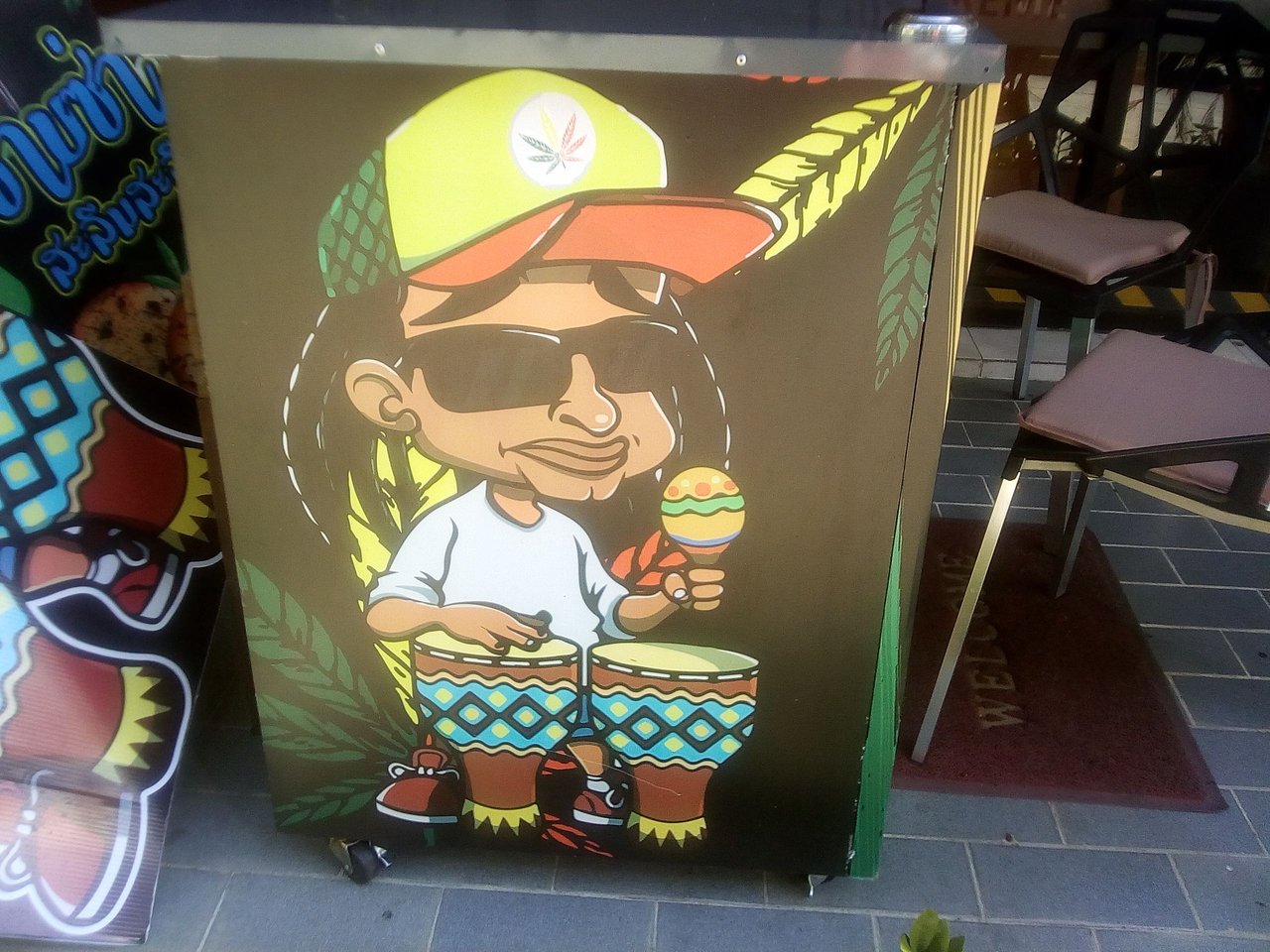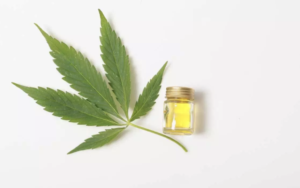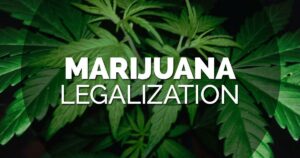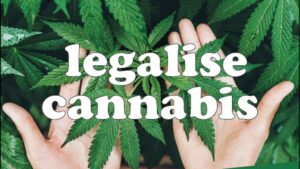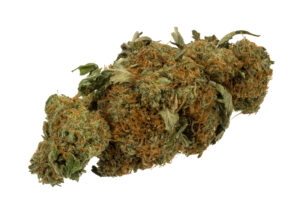Thailand became the first country in the Far East to approve medical cannabis after revising its legislation. Decriminalization is confined to public-sector research and development, as well as consumption with a medical certificate.
People with medical problems can now use medical cannabis to help their symptoms under the new law. Their ability to use the newly legal medicine is dependent on the presentation of a valid prescription from a suitably licensed medical practitioner. Patients cannot exceed the specified physician amount, according to the new legislation. This new law is expected to give rise to a new thriving industry in the country, as well as broader implications.
Keep reading if you want to learn more about how medical cannabis can now be used in Phuket.
Cannabis in Phuket
Every year, thousands of travelers from all over the world visit Phuket, which is one of Thailand’s most well-known tourist destinations. Phuket is a tourist’s ideal location, with exotic beaches, enthralling nightlife, delicious cuisine, and plenty of sunlight.
Many trip-planning websites advertise Phuket as a castle where tourism and marijuana coexist. Beyond such assertions, these vacation portals propose locations where tourists can purchase cannabis, along with pricing estimates.
Travelers planning to visit this tourism hotspot should adhere to local norms in order to get the most out of their trip and prevent unnecessary controversies.
Thailand, which has a long history of harsh anti-drug legislation, is revising its harsh cannabis-related rules to benefit from the economic and therapeutic benefits of marijuana. The country’s limited cannabis liberalization is overshadowed by strict regulations designed to prevent the plant’s misuse.
In other words, foreigners and visitors can legally obtain cannabis in Thailand, but they must follow the same regulations as Thai residents.
To obtain cannabis in Phuket, local laws must be followed. Phuket residents and visitors must comply with the rules governing cannabis possession and consumption in Thailand, just as they must in any other regions of the country.
The government’s rules are designed to promote cannabis as a medical treatment, rather than a recreational or pleasurable activity.
Violation of Cannabis Laws
We strongly oppose pursuing cannabis through unlawful channels, as some websites encourage. Despite the country’s modest progress toward marijuana legalization, there remain strict laws in place to deal with unauthorized cannabis possession and consumption.
Violators could face a one-year prison sentence or a monetary penalty of 20,000 baht ($600). Because laws do not discriminate based on the nationality of violators, being a foreigner will not help you avoid the law in the event of a violation. In Phuket, there have been several cases of foreigners being arrested for unlawfully possessing cannabis.
Local Laws of Cannabis in Phuket
If you’re looking for recreational marijuana in Phuket, you won’t be able to find it because Thai law prohibits it. Whether you are a Thai resident living in Phuket or a visitor who has come to have an unforgettable time here, you can only obtain legal marijuana if you have a health condition that is listed on the recognized medical conditions list.
Several diseases are listed in the approved medical conditions that the Thai government feels can be treated with medical marijuana. You’ll need a certificate from a licensed physician attesting to your health status.
Medical cannabis can be obtained via designated cannabis clinics or government-specified hospitals by patients with recognized health conditions.
Tourists who bring cannabis into the country must declare it to the customs authorities. Additionally, tourists must fill out a stock declaration form, which requires them to list the amount of marijuana they have in their possession. Later, they can get their stock back by visiting an FDA or public health agency and submitting the following paperwork.
- Passport
- Flight tickets (proof of traveling)
- Prescribing doctor’s license
Obtaining marijuana approval can be a time-consuming and difficult process. Foreigners can, however, call a dedicated medical cannabis line to get the information they need.
An FDA-operated helpline can provide visitors with information in English by calling 1556, Ext. 3. During regular government office hours, call 1386, Ext. 3 for another run by the Narcotics Control Board.
Is Weed Still Illegal?
The state’s recent changes to cannabis legislation have generated widespread confusion, with many people wondering: “Is weed legal now?” Well, not the cannabis that makes you high. You won’t get stoned if you order a cannabis-infused beverage or a dish topped with a pot leaf since the psychoactive component of the plant, known as THC, has a limit.
In Thailand, marijuana smokers can still be arrested. Cannabis extracts containing more than 0.2 percent of the psychoactive compound tetrahydrocannabinol remain banned. As a result, when you see cannabis products and foods on sale in Thailand, they have increased levels of the plant’s non-psychoactive component, CBD, which has medical effects such as anxiety reduction.
Anutin Charvnikul, the country’s Public Health Minister, has been pushing for legalization since before the Covid-19 outbreak. Furthermore, Anutin is the leader of the Bhumjaithai Party, which ran on a platform of cannabis legalization during the election campaign. However, the minister has stated that he is solely pushing cannabis growing and production for medical purposes.
Here’s a quick look at Thailand’s cannabis history over the last three years:
The use of cannabis for medical purposes has been approved as of February 2019. Cannabis use for medical purposes was permitted, but recreational use was prohibited.
Local cannabis growers are given the go-ahead in December 2020. The Thai government has allowed the cultivation and manufacturing of cannabis products but only for cannabis containing less than 0.2 percent THC. Additionally, the leaves, stems, shoots, and roots of the cannabis plant were removed from the narcotics list, but the THC-rich buds and flowers stayed. Farmers must obtain government permission to produce cannabis under the law.
Cannabis gets removed from the narcotics category in January 2022. Except for extracts containing more than 0.2 percent THC, cannabis – including the buds – was removed from the narcotics list. The narcotics laws were changed to remove restrictions on persons who grew the plant for medical or research purposes.
What Does Cannabis Delisting Mean?
Some individuals are unsure what it means to delist marijuana if it can’t be used recreationally. The delisting of cannabis from the Narcotics Act essentially allows the plant to be used for medicinal and scientific reasons more extensively. It also allows for the use of cannabis in medical and other health-related products.
Cannabis has been a common element in Thai traditional medicine for ages now. Medical marijuana was permitted until the 1930s when it was used to treat pain and fatigue. Thailand became the first country in Asia to legalize marijuana production and usage for medical purposes just two years ago, in 2020.
While using marijuana recreationally is still illegal, cultivating marijuana at home is a different story. Thais are allowed to grow marijuana at home, but only for personal use (and, therefore, in small amounts). Those who want to grow their own must first register with the government. It’s worth mentioning that it’s still a bit of a grey area because some rules and regulations still apply.
At the moment, there isn’t much discussion about the news. It’s likely to stay that way until cannabis is removed from the Narcotics Act, which will happen exactly 120 days after the MOPH draft is published in the Royal Gazette. Since the Narcotics Act still applies, many restaurants and bars that provide cannabis-related food and beverages are being cautious.
Final Words
Under the new law, people with medical conditions can now use medical cannabis to alleviate their symptoms. They must present a legitimate prescription from an appropriately licensed medical practitioner to be able to use this type of medicine.
Now, will Thailand become a regional medicinal marijuana hub? We’ll have to wait and see. Many people, however, are looking forward to the day when marijuana is once again included in Thailand’s medical offerings.



